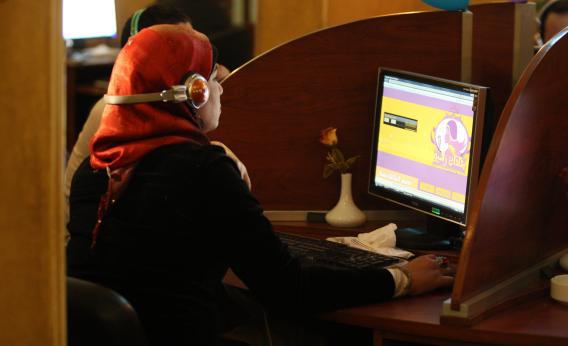In 2011, a U.N. report from a special rapporteur came close to declaring Internet access a human right. Though it did not say that all citizens are entitled to Web access, it did say that the act of a government shutting off the Internet was a violation.
In the New York Times today, Vinton G. Cerf, who worked on the DARPA project that gave rise to the Internet, explains that he doesn’t consider Internet access a human right. More than a century ago, a horse could have been considered critical for economic success, but that did not mean it should have been labeled a human right, says Cerf: “Today, if I were granted a right to have a horse, I’m not sure where I would put it.” He is, however, more swayed by the position that Internet access is a civil right.
Cerf would prefer that we spend less time on such “philosophical arguments,” which he thinks “overlook a more fundamental issue: the responsibility of technology creators themselves to support human and civil rights.”
The teasing out the ethical and moral responsibilities of technology creators is vital, but is it really an either/or proposition? How does the debate over the Internet as human or civil right diminish the other discussion?
The far-sighted Cerf has point that declaring the Internet a human right could someday seem quaint. But declaring it so could make a difference now—which is not to be discounted.
Read more on the New York Times.
